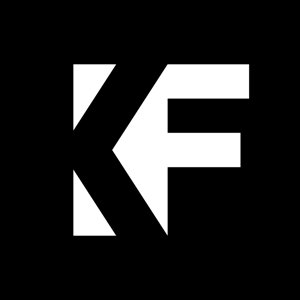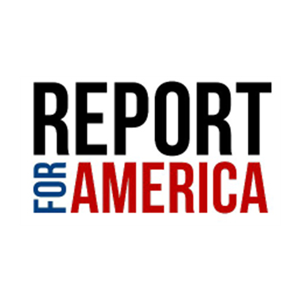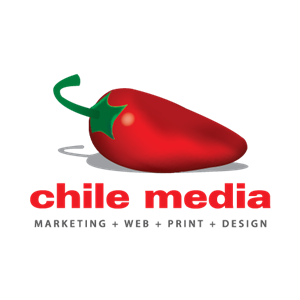PMJA is committed to ensuring that you can connect with #PMJA2023!
Why are we going hybrid again? We realize that offering virtual options makes our conferences available to attendees who would never have the opportunity to participate otherwise. Without accessibility barriers like travel costs and time away from work and family, etc., our conferences have a greater reach — enriching everyone’s experience.
Virtual attendees will enjoy a packed program at a reduced price. Interact with other virtual attendees via chat and join in the Q&A in each session. Learn more about the sessions available to you when you register to attend virtually.
All attendees will have access to session recordings post-conference at no added expense!
Not registered? Purchase access to the archives now!
What can virtual attendees expect?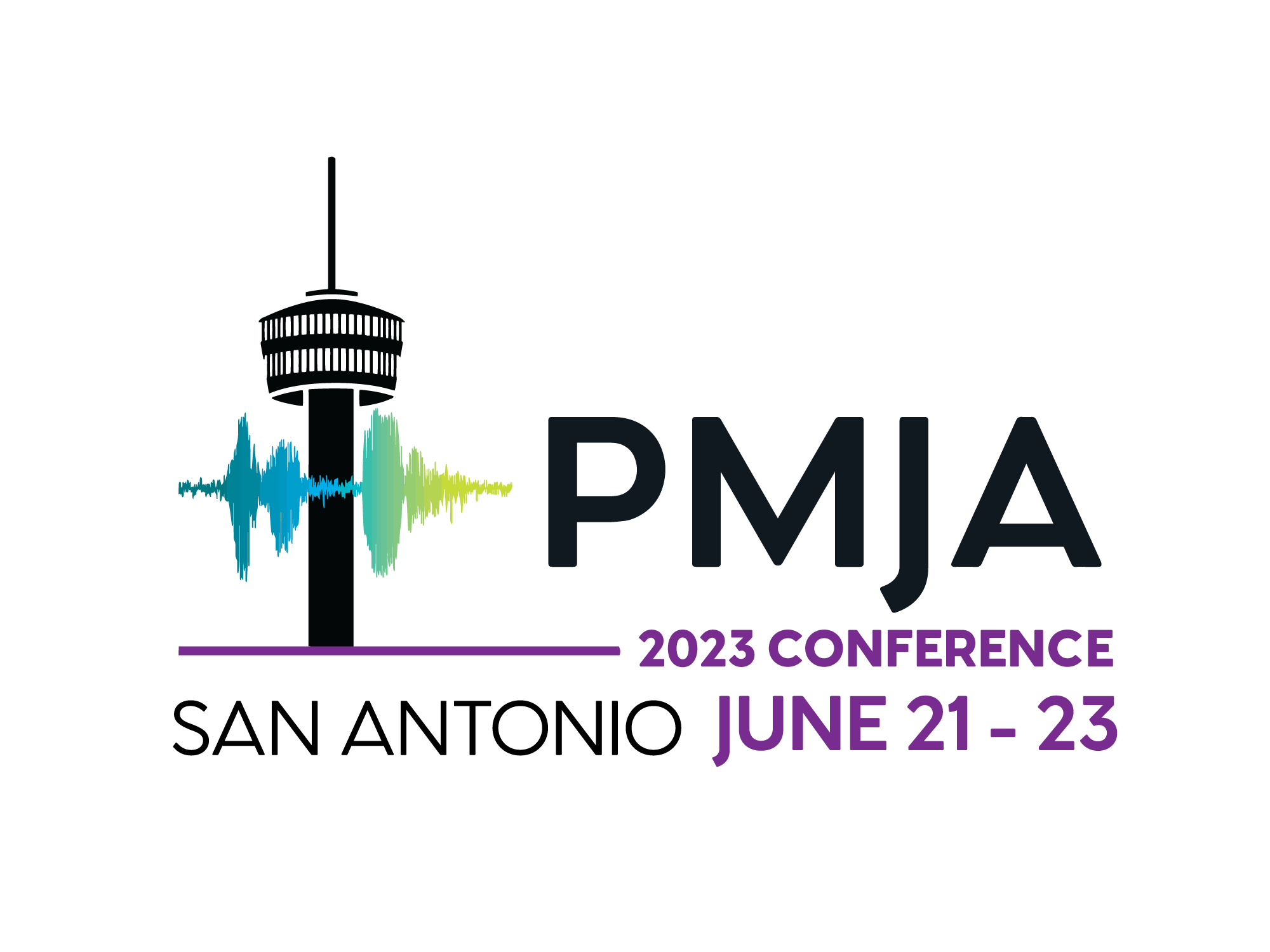
In addition to the live-streamed sessions, virtual registration includes:
- Access to presentation slides and materials made available by presenters for both streamed and in-person only sessions through the conference app
- Access to recorded sessions post-conference
- A chance to win a full in-person registration for #PMJA2024!
What can archive viewers expect?
Archive purchase includes:
- Access to recorded sessions post-conference
- Access to presentation slides and materials made available by presenters for archived sessions (coming soon)
How to Hybrid
- Register for the conference or purchase archive access
- Log in with your registered e-mail or purchasing e-mail address
- Open the session below and click WATCH to go to the session page
Win a registration to PMJA 2024!
If you've purchased a virtual registration to PMJA 2023, your name will be entered into a drawing to receive a full in-person conference registration for next year. We'll be drawing for the winner after the conference is over and will let you know if you're our lucky winner!
The theme of PMJA 2023 is "Collaborate & Connect." Collaboration has become a vital strategy in keeping local, in-depth reporting strong. We want to focus attention on how individuals and organizations in public media journalism can work together to support, empower and advocate for the field and each other. To kick things off at our first session, leaders of statewide, regional and topic-area collaborations will do lightning talks explaining how their process works, wins and losses and plans for sustainability.
Developing a podcast at a public media station is challenging. Developing a podcast that harnesses your organization’s unique abilities and perspective is even harder. We’re not just talking about a default daily news podcast; we’re talking about a podcast that is so quintessentially you that it can’t be replicated by anyone else. Public media organization PRX regularly partners with stations across the U.S. to develop flagship podcasts across multiple genres, striving to extend the brand of each station’s voice in their community while also reaching beyond. PRX and its podcast training team have developed an approach that helps newsrooms and podcast units tell the story they are most qualified to tell and expand their audience – all while keeping the project manageable and enriching for staff. After all: your station needs you to tell your regions stories, your organization needs you to produce that story, and you need to not get burnt out in the process. In this actionable presentation and discussion, join PRX and stations from across the system–– KERA, CapRadio, and Hawai’i Public Radio––to where you will hear their work and learn from stations that have developed flagship podcasts that are sustainable and meaningful to their audiences. Attendees will walk away with suggestions and clear points to start down this process.
Representatives of two public radio stations (WHYY and KALW) share details of their successful community outreach and engagement programs. How did they target the people with whom they wanted to engage? How did they build connections and trust? What kinds of content are being created? What are the benefits, beyond the content? Hear their stories and share your own.
Burnout. Workplace culture. Lack of advancement. Pay. These are just some of the top reasons people cited for exiting public media in a recent survey from Current. While there were a number of high-profile departures of hosts and public-facing talent, there are many more journalists who leave before they even have a chance to make a name for themselves. Former public media folks share what motivated them to move on and what they hopenewsrooms can do to keep others in the system.
"The Weather" is no longer an afterthought for public media stations as climate change leads to more severe weather in the form of hurricanes, floods, tornadoes, drought, blizzards, ice storms, and more. This session will examine options for delivering live weather information to audiences as well as how to provide the context of what it all means. This session will examine how stations within regions can collaborate to provide essential weather information. It will include audio that can serve as a model for how to provide better weather information.
Join us for a deep dive into the ways in which collaboration is vital to the future of public media. We’ll discuss NPR’s strategy for expanding collaboration with and among stations and the ways we are building these relationships together. We’ll explore what stations and their audiences gain from these partnerships and the role of collaborative journalism across the system. This session is intended to inspire conference participants to see themselves in a collaboration-filled future.
Public media newsrooms are striving to become more diverse and reflective of the communities they cover. Many organizations are focused on hiring BIPOC leaders to bring those goals to fruition, but the reality is that the majority of newsrooms and stations are run by white managers. And the burden of change cannot fall solely on the shoulders of people from marginalized backgrounds. A panel of white leaders will have an honest conversation about steps they have taken to shift culture and usher in change and what they recommend for others.
Engagement is more than a buzzword. It’s an opportunity to center and amplify voices too often excluded from public media, to generate—with community—stories that are unique and distinctive, and to reach and serve new and existing audiences. It’s also a lot of work, a field of journalism that is yet to be fully professionalized, and way too often a missed opportunity for collaboration across organizations. In this session, we’ll review lessons learned through the first year of the Operationalizing Engaged Journalism program, which seeks to embed engagement practices throughout the cohort members’ enterprises and to connect engagement from editorial through to revenue. We will dive into five examples of how orgs big and small can adopt engagement tactics to execute on their missions and further their strategic goals.
The PMJA Editor Corps is back! This program has provided editorial assistance to stations across the country since 2020, and it’s coming back thanks to funding from the Corporation for Public Broadcasting. In this session, we’ll share how the new program works and talk to some past users about how they benefited from it. By the end of this session, you’ll have a concrete idea of how the PMJA Editor Corps can help your newsroom.
Who we talk to us just as important as the stories we decide to talk about, and it highlights the implicit bias of our newsrooms. But how do you get buy-in, maintain or create a source diversity tracker for your newsroom? Learn about some of the tools available and how to launch one in your newsroom.
Sam Guzik, director of product at New York Public Radio and author of the Future Today Institute News+Information trend report, will explore the future of public media based on signals we are seeing today. The session will explore the incremental actions we can take today to realize an exponential future. The talk will build on the research in FTI’s annual trend report, with insights about artificial intelligence and emerging digital platforms.
Please check out this page to find resources used by presenters at any of the sessions that were not streamed. You can find handouts as well as presentations. This page is only visible to registered conference attendees and anyone who has purchased access to the conference. Interested in purchasing the conference package?
Get Access Now!
-
Corporation for Public Broadcasting
-
-
-
-

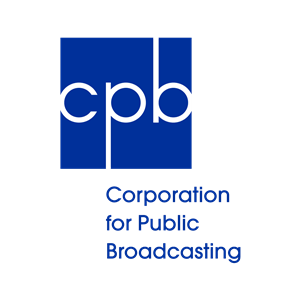 401 9th St NW
401 9th St NW
